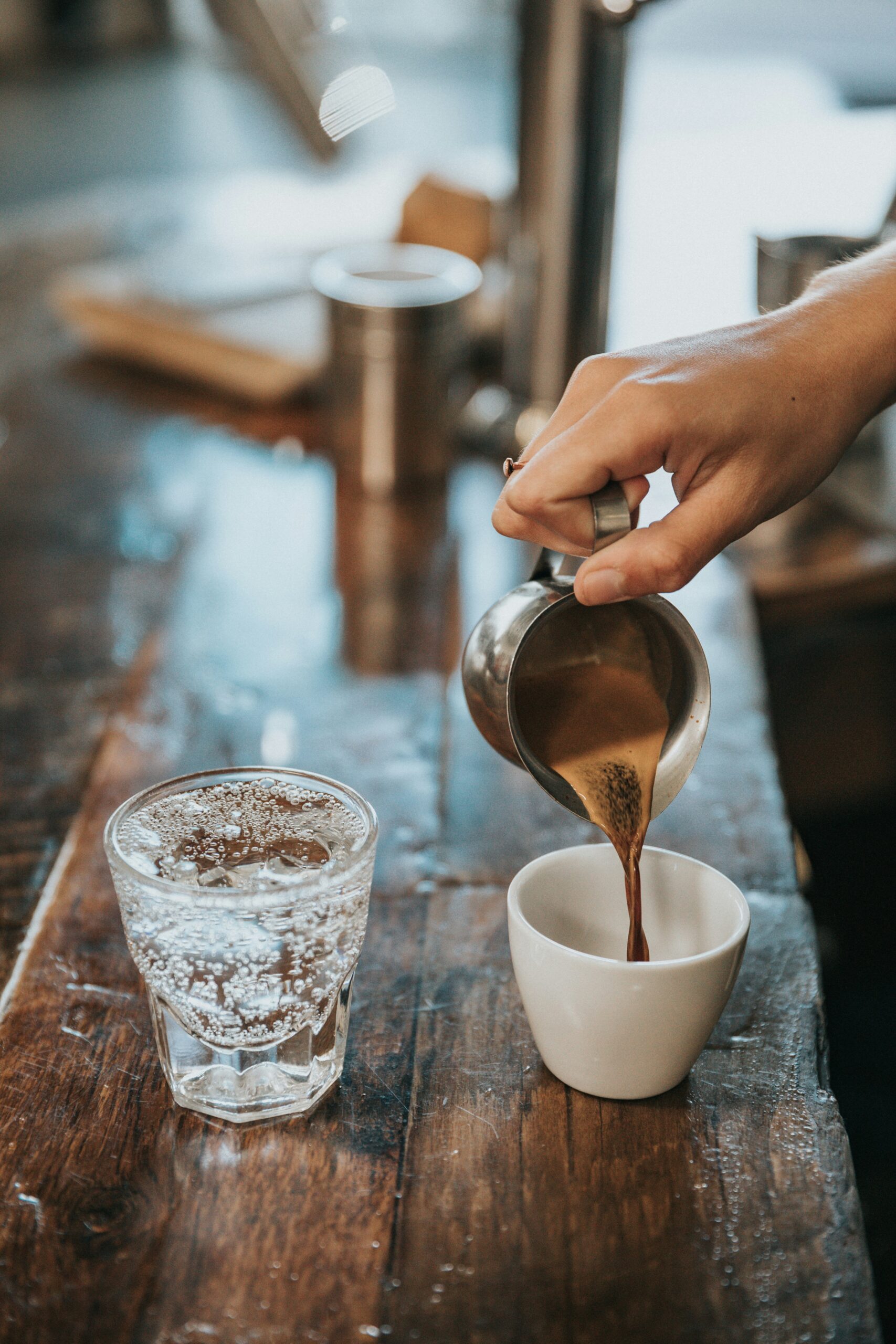Let’s talk about the glorious world of specialty coffee and its fascinating grading process. If you’re a coffee enthusiast like us, you’ve probably come across the term “specialty coffee” before, but what does it really mean? In this article, we’ll unravel the mystery behind specialty coffee and delve into the intriguing process of grading these beans. So, grab your favorite mug and get ready to embark on a caffeinated journey with us!
What is Specialty Coffee
Definition
Specialty coffee refers to a higher quality grade of coffee that goes beyond simply being a beverage to wake us up in the morning. It is a term used to describe coffee that meets specific quality standards and exhibits unique characteristics. Unlike regular coffee, which is often mass-produced and lacks distinction, specialty coffee is all about flavor, complexity, and the overall coffee-drinking experience.
Characteristics
What sets specialty coffee apart from its conventional counterpart is its unique and exceptional characteristics. Specialty coffee beans are carefully selected from specific varieties of Arabica coffee plants, which are known for producing superior coffee. These plants are grown in optimal conditions and harvested at the peak of ripeness to ensure maximum flavor development. Specialty coffee is also often cultivated at higher elevations, which contributes to its depth and complexity.
Another defining characteristic of specialty coffee is its focus on sustainability and ethical sourcing. Specialty coffee producers prioritize fair trade practices, environmental conservation, and support for local coffee-growing communities. By establishing direct relationships with coffee farmers and paying them a fair price, specialty coffee aims to create a more sustainable and equitable coffee industry.
Production
The production process of specialty coffee involves multiple steps that aim to preserve and enhance the unique flavors and characteristics of the beans. After the coffee cherries are harvested, they undergo a meticulous sorting process to remove any defective or underripe cherries. The ripe cherries are then processed using various methods, such as the washed, natural, or honey process, each yielding distinct flavor profiles.
Once processed, the coffee beans are carefully roasted to bring out their full potential. Specialty coffee roasters expertly control factors such as time, temperature, and airflow to create the perfect roast for each specific coffee. This level of attention to detail ensures that the flavors and aromas of the coffee beans are optimized.
Overall, the production of specialty coffee is marked by a dedication to quality and sustainability. From cultivation to roasting, every step of the process is executed with precision, resulting in a cup of coffee that stands out from the rest.

Grading Specialty Coffee
Purpose of Grading
Grading specialty coffee serves several important purposes within the coffee industry. Firstly, it allows consumers to make more informed decisions when purchasing coffee. Just like wine or chocolate, coffee can vary greatly in terms of flavor, aroma, and overall quality. Grading provides a standardized system that helps consumers understand the characteristics and value of the coffee they are buying.
Secondly, grading allows coffee producers and buyers to establish fair pricing. By evaluating and assigning grades to coffee based on its quality, a market value can be determined. This helps ensure that coffee farmers receive a fair price for their high-quality beans, encouraging sustainable farming practices and supporting the livelihoods of coffee-growing communities.
Criteria Used
The grading process for specialty coffee involves the evaluation of several key criteria that determine its quality and grade. These criteria typically include factors such as bean size, bean density, moisture content, and defects. For example, larger-sized beans are often associated with better flavor development, while a low amount of defects indicates a higher-quality coffee.
Furthermore, the grading process often takes into account the visual appearance of the beans, including their shape, color, and uniformity. This visual assessment helps determine the overall quality of the coffee and can provide insights into its potential flavor.
Process
Grading specialty coffee follows a structured and standardized process to ensure consistency and accuracy. Trained professionals, known as Q Graders, carefully evaluate the coffee through a cupping session. Cupping involves the tasting and examination of coffee using specific protocols and sensory analysis.
During the cupping session, the Q Graders assess various aspects of the coffee, including its fragrance, aroma, acidity, body, flavor notes, and aftertaste. They use a standardized scoring system to assign a grade to the coffee, which generally ranges from 80 to 100, with higher scores indicating better quality.
This rigorous grading process provides valuable information to coffee producers, roasters, and consumers. It allows them to understand the flavor profile, uniqueness, and quality of the coffee, enabling them to appreciate and enjoy specialty coffee to its fullest.
In conclusion, specialty coffee is a world of exceptional flavors and distinctive characteristics, achieved through meticulous production and careful grading. By focusing on quality, sustainability, and ethical practices, specialty coffee offers consumers a truly exceptional coffee experience. So, next time you take a sip of your favorite cup of specialty coffee, remember the passion, dedication, and expertise that went into creating that delightful beverage.


